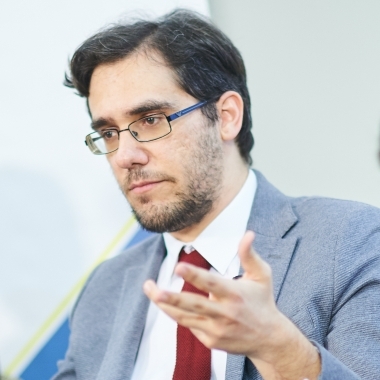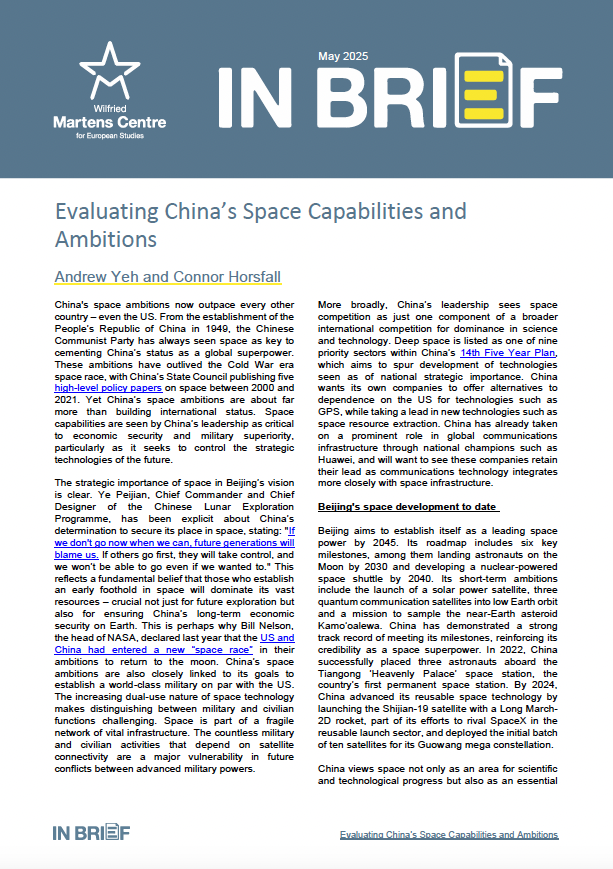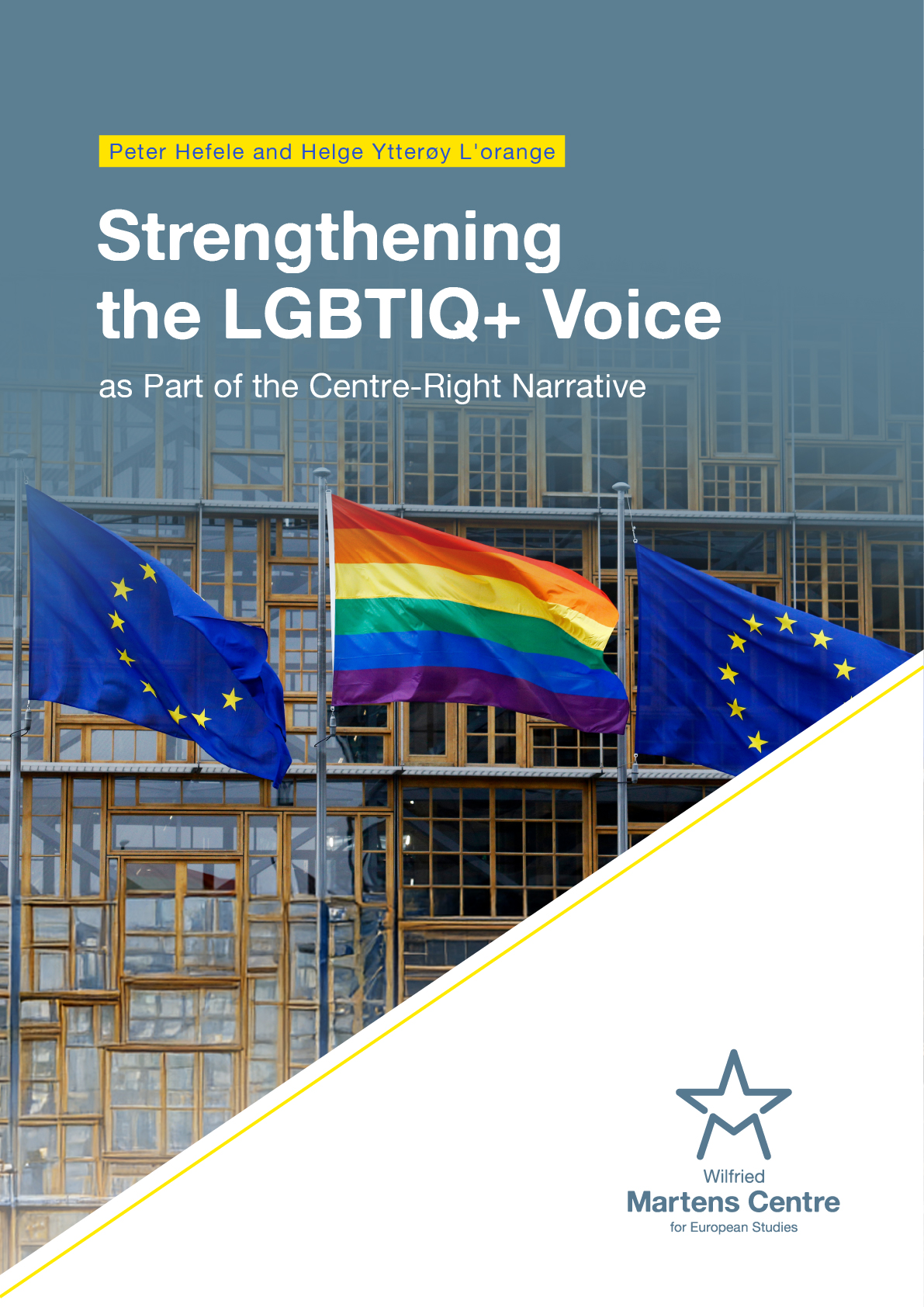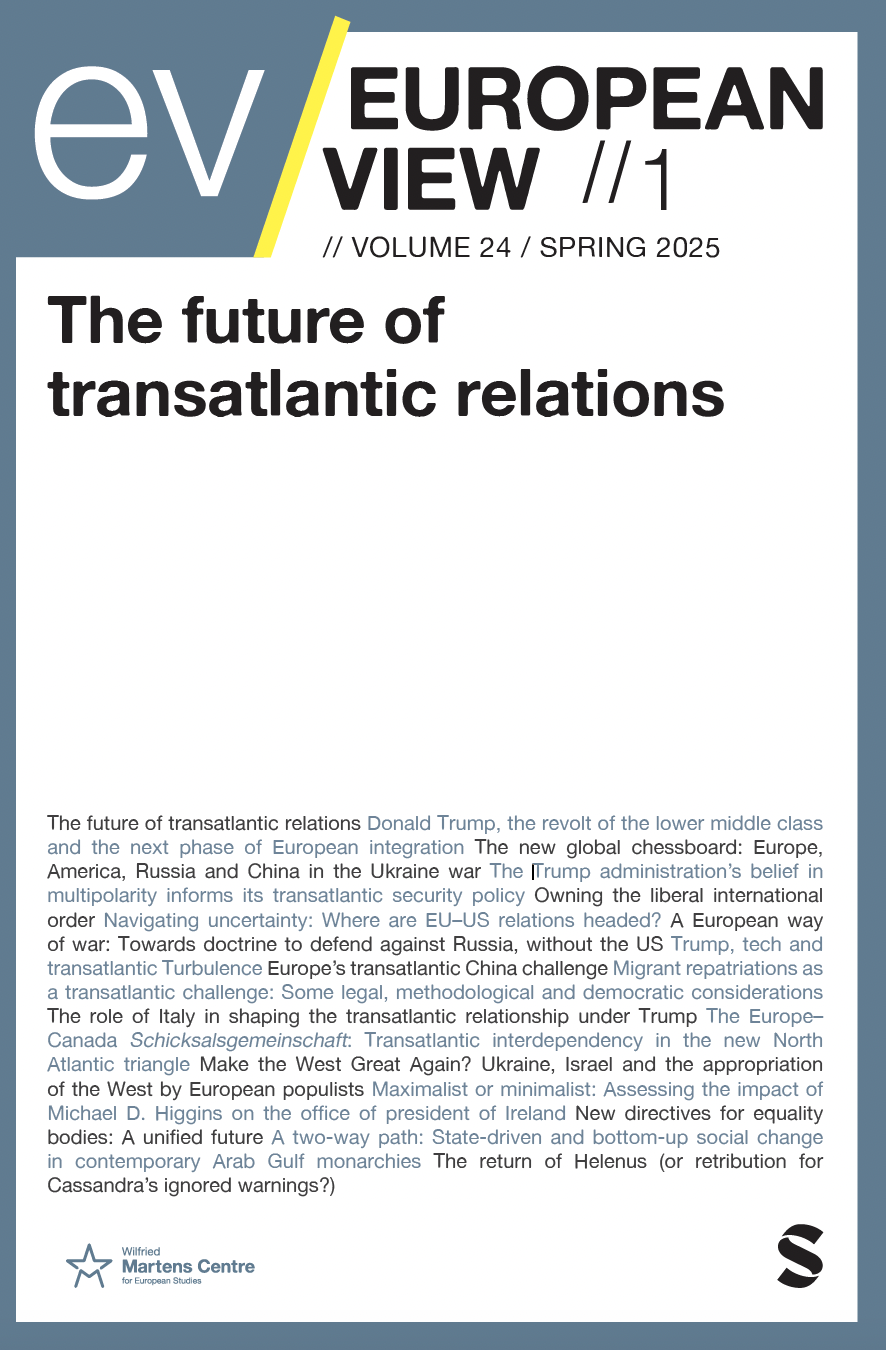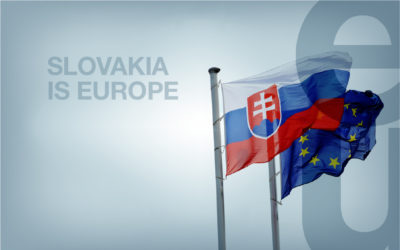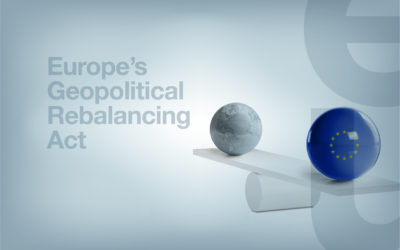Erdogan: an EU security risk?
16 March 2017
The rapid deterioration of relations between European governments and Turkey in recent weeks may come to be seen as a watershed in EU-Turkey relations. The leader of a NATO ally and EU accession candidate country did not hesitate to exploit the vulnerability of European leaderships ahead of crucial electoral battles by mobilizing thousands of people in the heart of Europe.
Given also his role in the refugee issue, his authoritarianism, and his fickle personality, it is time for the EU to start viewing Erdogan’s Turkey as nothing less than a long-term security risk.

In the last few years Europe has seen security threats multiplying. The annexation of Crimea heightened anxieties about Russian aggression. Russia also has other levers of pressure, including energy resources, cyber-warfare and, most recently, a multifaceted project of disruption of Western democracies, ranging from support for populist parties to disinformation campaigns. Then, a series of terrorist attacks in 2015 and 2016 revealed the extent of the jihadist threat.
All these are clearly major threats for Europe, covering a broad range of security challenges: geopolitical and ideological, global and regional, internal and external. But if there is one actor that embodies all these different dimensions of risk at the same time – geopolitical pressure, internal subversion, democratic disruption, and an increasingly erratic behavior of its leadership – it is Turkey.
It is time for the EU to start viewing Erdogan’s Turkey as nothing less than a long-term security risk.
Turkey has always been a crucial strategic partner of the West, but the refugee crisis of 2015 severely upset the power relationship between Turkey and the EU, punctuated by Turkey’s desire to accede to the Union. Not unlike Russia with its gas, Turkey found itself controlling the flow of a critical commodity – refugees.
Not unlike Russia, it saw this as an opportunity to extort benefits from the EU, which it promptly did by forcing upon the EU a deal in which it gained various concessions in return for curbing the refugee flows into Europe.
This process took place in parallel with increasing authoritarianism and concentration of power in the hands of President Erdogan internally. After the failed coup of the summer of 2016, Erdogan engaged in sweeping purges of the Turkish state and society.
If his intended constitutional reform goes through in April, Turkey will differ very little from Putin’s Russia, a personal semi-authoritarian nationalist regime with populist overtones, where the main legitimating mechanism of a deeply entrenched leadership is antagonism of the West.
Events of the last few weeks have added a new layer to the difficult geopolitical relationship between Europe and Turkey. The massive rallies in favour of Erdogan in Austria, Germany, Holland and France have highlighted that, while Europeans were agonizing over the compatibility of Islam with liberal democracy, they long underestimated Turkish nationalism – an ideology as sticky and potent as any religion – as an obstacle to the integration of thousands of citizens of immigrant descent.
If his intended constitutional reform goes through in April, Turkey will differ very little from Putin’s Russia.
The difficult relationship between Turkish immigrants and their host countries is nothing new of course, but only now has a leader in Turkey shown the intention (and ability) to use these populations as levers of pressure on European governments and to settle domestic scores.
Despite his effort to disrupt European democracy through trolls and hackers, Putin could only dream of commanding the kind of street power in European capitals that Erdogan enjoys.
Erdogan embodies today the sum of all that urope fears: an authoritarian and populist leader (like Putin), with the capacity to strong-arm European leaders thanks to his key position in the refugee problem (akin to Putin and energy), and now with the expressed ambition to use diasporas as a weapon of foreign and domestic policy, disrupting electoral processes and fracturing societies in Europe (thus playing a role akin to that of radical Islamism) and crashing opposition at home.
Instead of an ally, or even a difficult partner, the EU must start viewing Erdogan’s Turkey as a multidimensional security risk.
The current standoff with the Netherlands will probably cool off after the Dutch and the Turkish electoral campaigns are over. But with elections in Germany looming, Erdogan will surely be tempted to employ his hybrid (internal and external) geopolitical arsenal again.
The EU is dealing with a leader who understands his relationship with Europe not simply in transactional terms, but as an opportunity for extortion in every available facet.
Instead of an ally, or even a difficult partner, the EU must start viewing Erdogan’s Turkey as a multidimensional security risk. Breaking off relations completely of course is not an option, but a serious discussion on a strategic approach to Turkey must now start. This must include a thorough appreciation of how Turkey can challenge European security and democracy internally and externally.
As a multidimensional security risk Turkey requires a holistic approach, including both internal (e.g. addressing the lagging integration of immigrants of Turkish descent in European societies) and external (e.g. effectively securing European) defense.
The EU must remain alert about opportunities to engage Turkey diplomatically. But it must be ready to face up to extortion or internal disruption as well.
Perhaps nothing would work better to rebalance the EU-Turkey relationship than challenging Erdogan on his own turf. As the regime in Turkey is rapidly losing all vestiges of a functional democracy, and given the lack of genuine democratic opposition (opposition parties in Turkey are either secular-nationalist or ethnic-sectarian), the EU must engage in serious bottom-up democracy promotion in Turkey, helping to foster a real liberal democratic culture in Turkish society.
If Erdogan thinks he can turn European societies into a battleground of the EU-Turkey relationship, the EU must answer in kind. Europeans must make the emergence of a genuine Turkish democracy the key strategic goal of their policy towards Turkey, and must be ready to invest resources and time to ensure this outcome comes to fruition.
ENJOYING THIS CONTENT?


